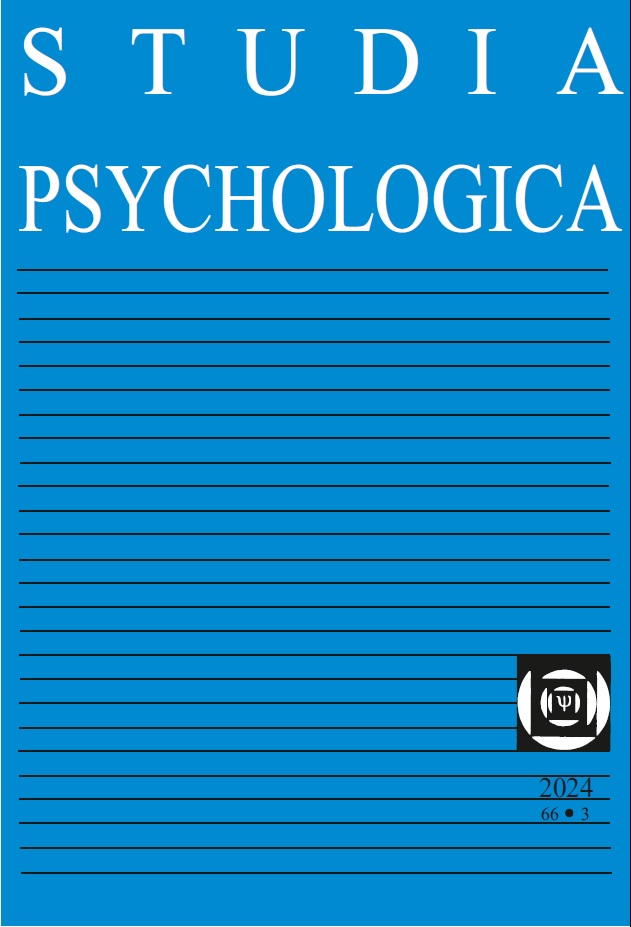The Bidirectional Relationship Between Rumination and Self-Esteem: Evidence from Longitudinal Tracking and Diary Methods
DOI:
https://doi.org/10.31577/sp.2024.03.900Keywords:
Rumination, Self-esteem, Longitudinal tracking method, Diary methodAbstract
Rumination and self-esteem are pivotal in mental health research. Prior studies have identified correlations between these concepts, yet causal evidence remains elusive. This study employed longitudinal and diary methods to investigate their causal interplay. The initial phase involved a two-wave survey, conducted annually over a year, with 1,157 participants to examine the bidirectional predictive relationship between rumination and self-esteem. Cross-lagged analysis indicated that baseline rumination could forecast subsequent self-esteem levels, and vice versa. To reduce recall bias, the second phase involved a 28-day diary study with 185 participants, revealing that daily fluctuations in rumination could predict the following day's self-esteem, and similarly, daily self-esteem levels could predict the next day's rumination. This research elucidates the causal dynamics between rumination and self-esteem, introducing a bidirectional spiral ascension model. This model holds significant theoretical implications for mental health research.
Published
Issue
Section
License
Copyright (c) 2024 Studia Psychologica

This work is licensed under a Creative Commons Attribution-NonCommercial 4.0 International License.


